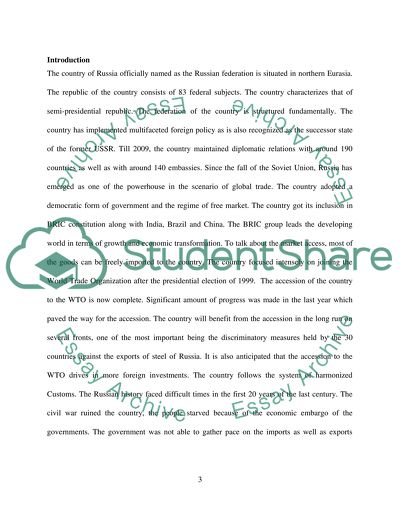Cite this document
(“Russian Economy Before And After Vladimir Putin Essay”, n.d.)
Retrieved from https://studentshare.org/macro-microeconomics/1401175-russian-economy-before-and-after-vladimir-putin
Retrieved from https://studentshare.org/macro-microeconomics/1401175-russian-economy-before-and-after-vladimir-putin
(Russian Economy Before And After Vladimir Putin Essay)
https://studentshare.org/macro-microeconomics/1401175-russian-economy-before-and-after-vladimir-putin.
https://studentshare.org/macro-microeconomics/1401175-russian-economy-before-and-after-vladimir-putin.
“Russian Economy Before And After Vladimir Putin Essay”, n.d. https://studentshare.org/macro-microeconomics/1401175-russian-economy-before-and-after-vladimir-putin.


